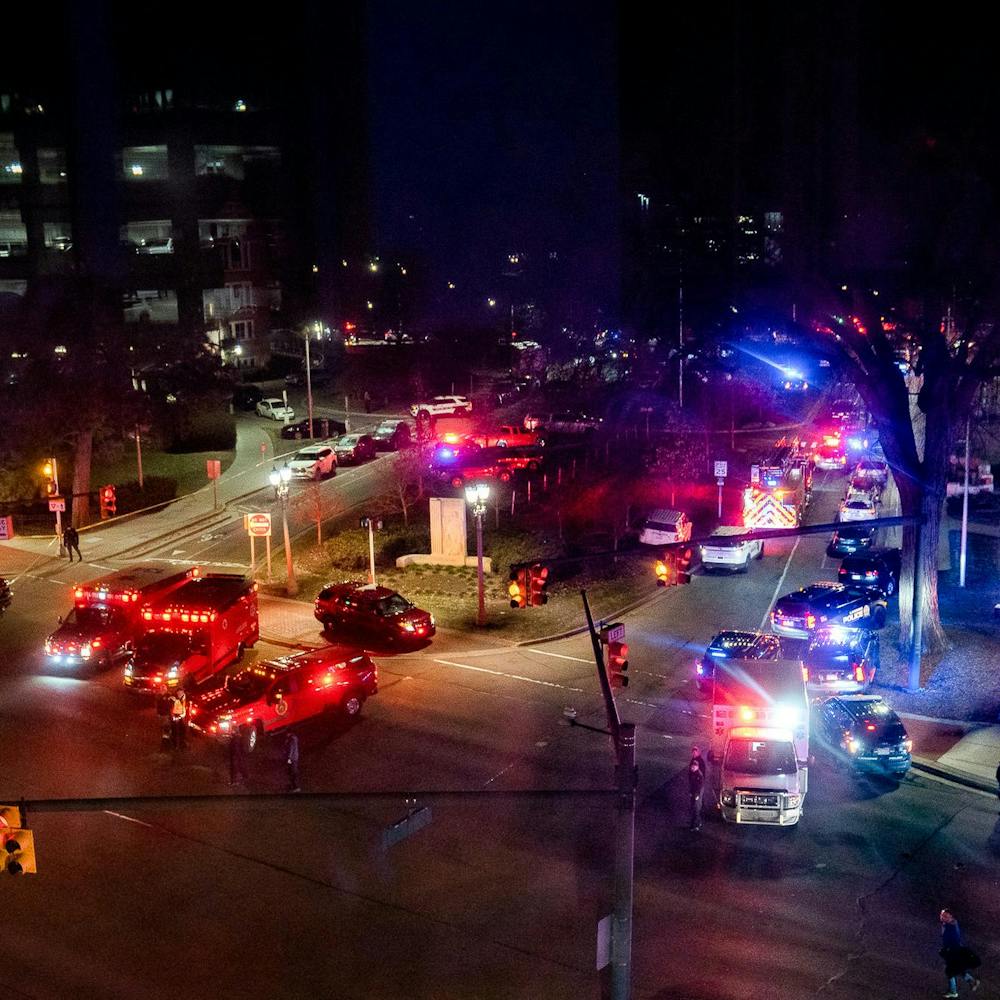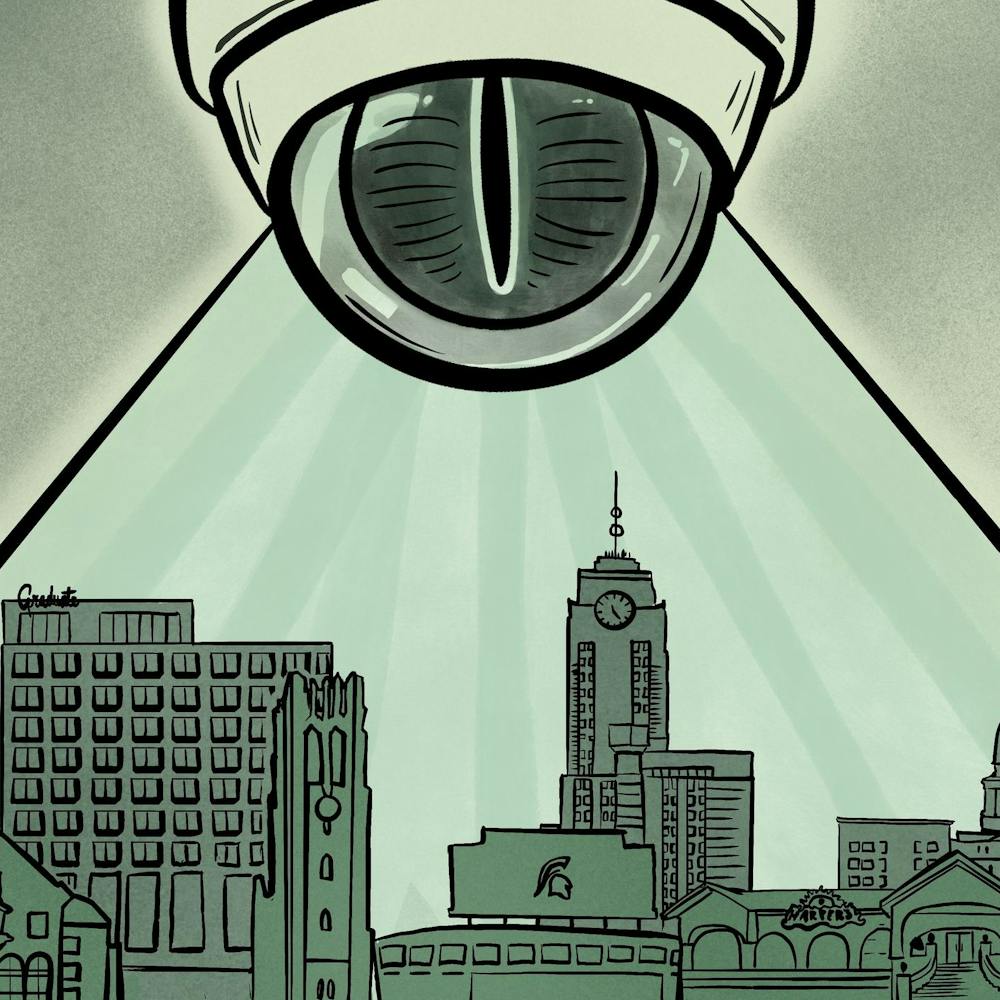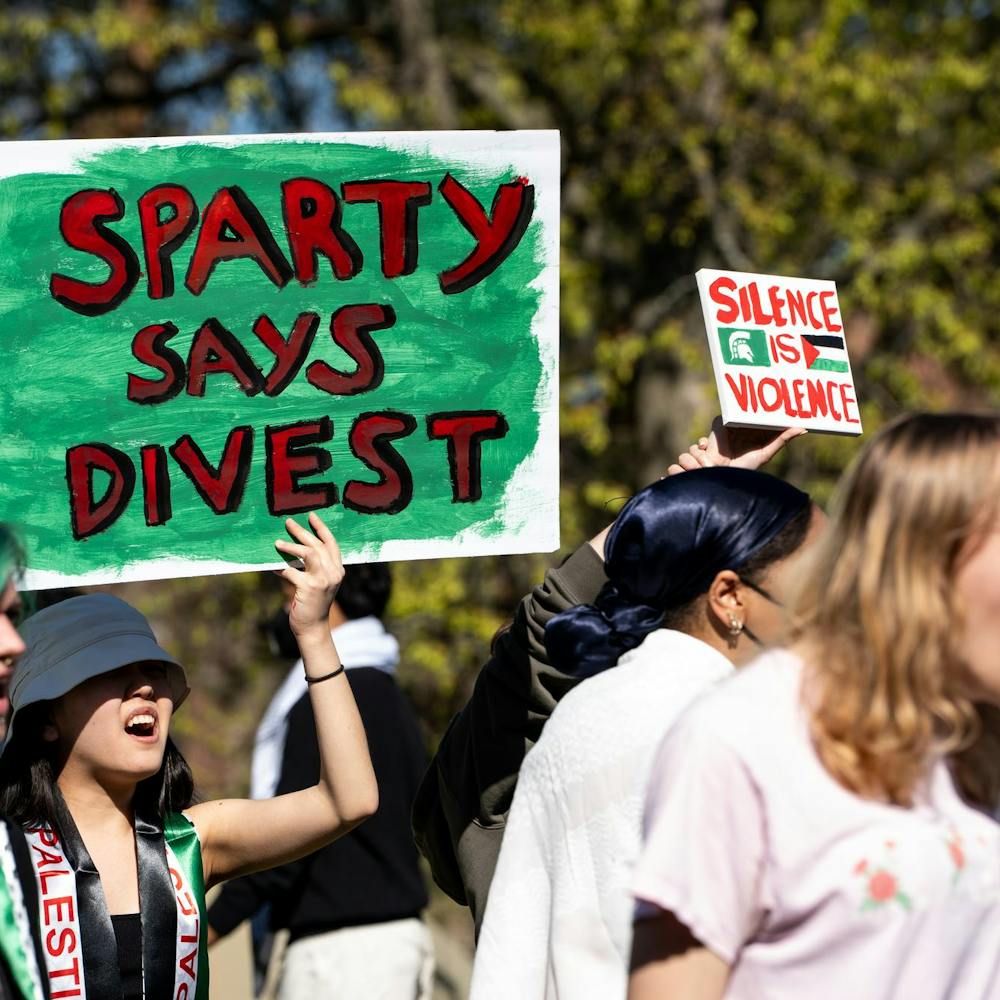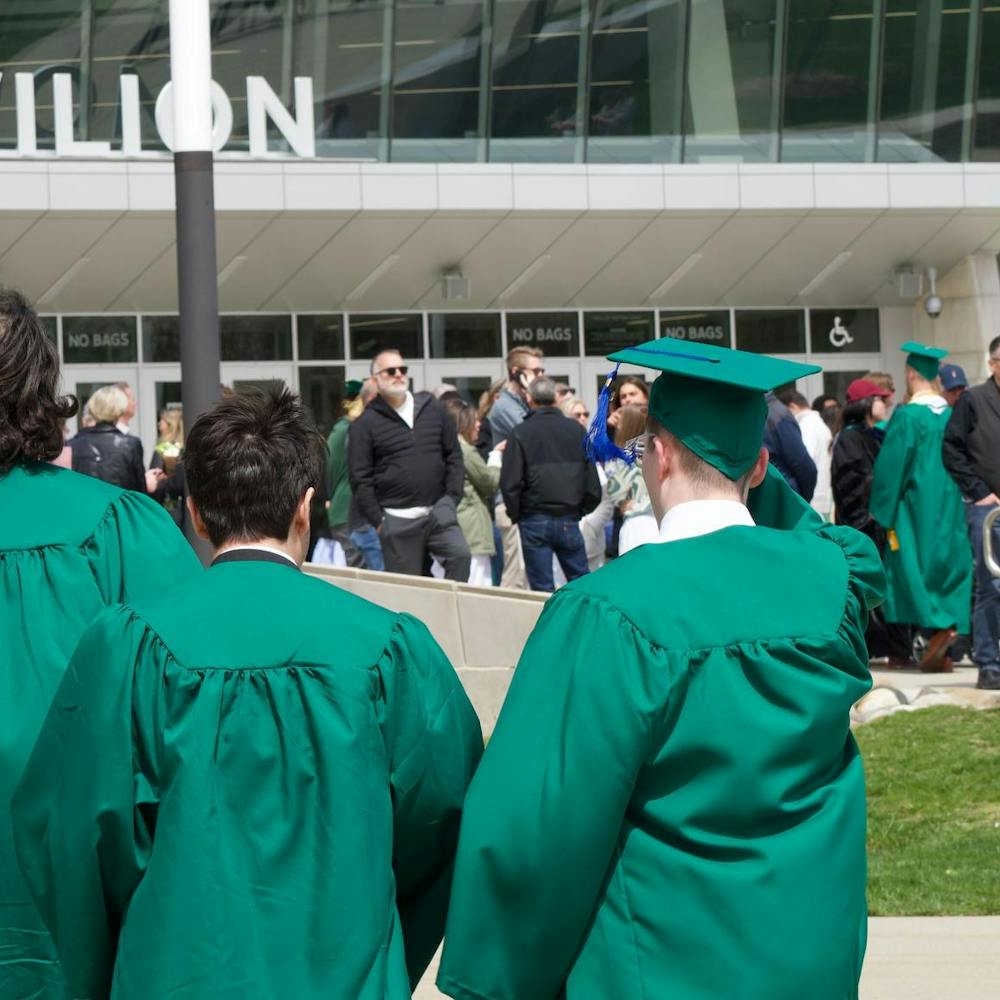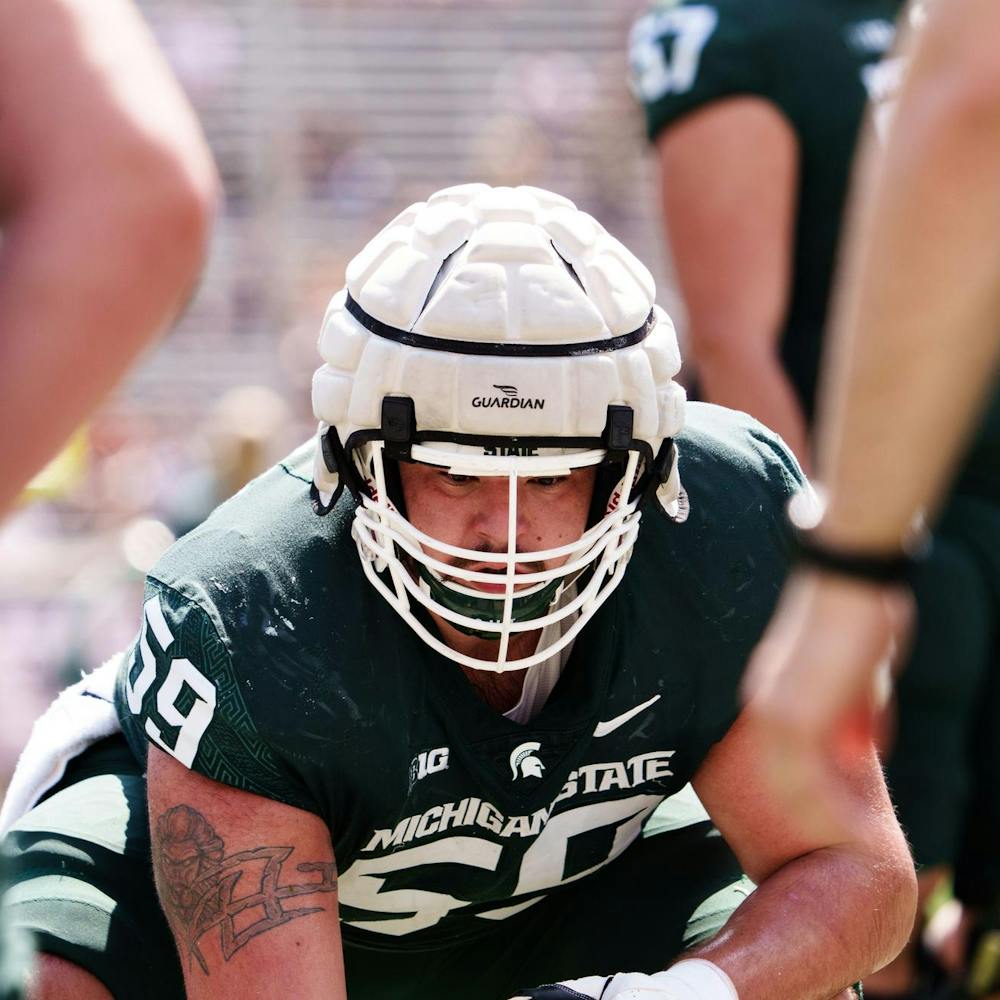Let's get one thing straight - "Charlie and The Chocolate Factory" is not a remake of 1971's "Willy Wonka & the Chocolate Factory."
Rather, it's an adaptation of the 1964 book by Roald Dahl, bearing the same title, and parallels the children's novel closer than Mel Stuart's generation-spanning favorite. But don't expect to walk into this movie and see Gene Wilder as Willy Wonka, with calm insanity and well-placed gazes. Instead, this release features Johnny Depp as a kooky Wonka with a Marilyn Manson look - Manson actually vied for the Wonka role - and a high-pitched Michael Jackson voice.
As reviewers reported before the film's release, this movie is darker than the first version. The book itself was much more morbid and brooding, and director Tim Burton ("Edward Scissorhands," "The Nightmare Before Christmas") churned out his version in true Burton fantasy style.
If ever there was a doppleganger to the twisted and dream-esque director Burton, it would be children's writer Roald Dahl. Both manage to straddle the fine bridge between the world of gruesome nightmares and children's bedtimes stories. Small details such as Dahl's flurry of made-up words, such as snozzwangers, and Mr. Bucket's job at the toothpaste factory are minute, yet so vital to the ambiance Dahl created in his book. It was as if Burton took Dahl's pages and smeared them onto film.
It's hard to say if "Charlie and the Chocolate Factory" will ever hold the same status as "Willy Wonka & the Chocolate Factory," but it doesn't matter. Burton made his less-confectionary version sweet during this summer's Hollywood slump.
True to the novel, the seven members of the poor Bucket family live in a crooked shack on the edge of town. Young protagonist Charlie's (Freddie Highmore) desire for chocolate is fulfilled just once a year - on his birthday.
At the same time, renowned chocolatier Wonka decides to open his factory doors for the first time in 15 years. But it's only open to five children, each with one family member, and those five must have a golden ticket found in candy bars.
As more and more children find tickets, Charlie loses hope in his dismal chances to win. Yet what would any underdog story be without the underdog winning? Charlie eventually finds the last ticket, and he and his grandfather - a former Wonka employee - head to the factory.
Once inside, the children drop off one by one as each succumbs to their own vices. Finally, Charlie is the last one remaining.
Viewers get something in this movie that's unlike both the book and the 1970s version - Wonka, in Burton's movie, has been humanized. No longer is he the eccentric chocolate-factory owner with no past. Viewers get a glimpse of Wonka's childhood as a candy-hating dentist's son. The movie's message becomes not only about overindulging children, but of family, as Charlie refuses to leave his impoverished surroundings to run Wonka's factory.
In the end, Wonka learns more from Charlie and the Buckets than Charlie did about the factory.
The casting directors undoubtedly managed to find five of the most talented children for this movie. It's rare to see a child thespian act in a film such as this one, and each - from the portly Philip Wiegratz as Augustus Gloop to the snotty, jaw-gnashing Annasophia Robb as Violet Beauregarde - convincingly fit the characters.
Which leaves Johnny Depp. Depp has been known for taking unusual roles, particularly with Burton. Depp's eerily comical version of Wonka is the defining role of the movie. As in many of his films, Depp carries the movie and is captivating.
This film has no hokey musical numbers and the characters are downright strange, yet this film successfully captures the tone of Dahl's unforgettable adventure as it melts with Burton's freakish creativity.
Top it with a few Everlasting Gobstoppers and one of Wonka's Whipple-Scrumptious Fudgemallow Delight and out comes a well-acted and written version of a children's classic.

